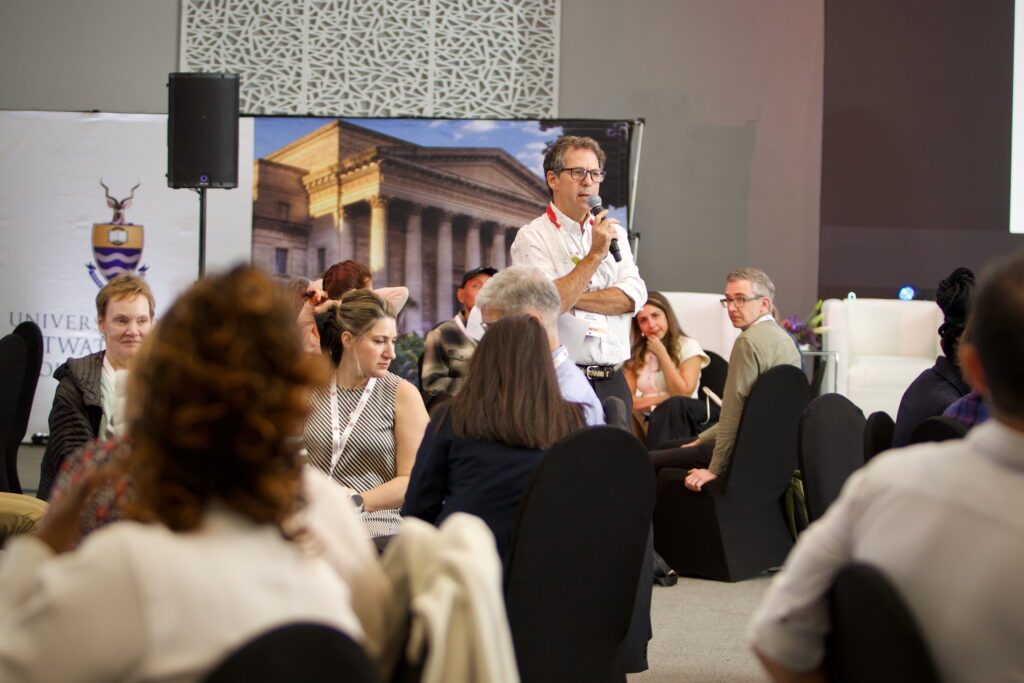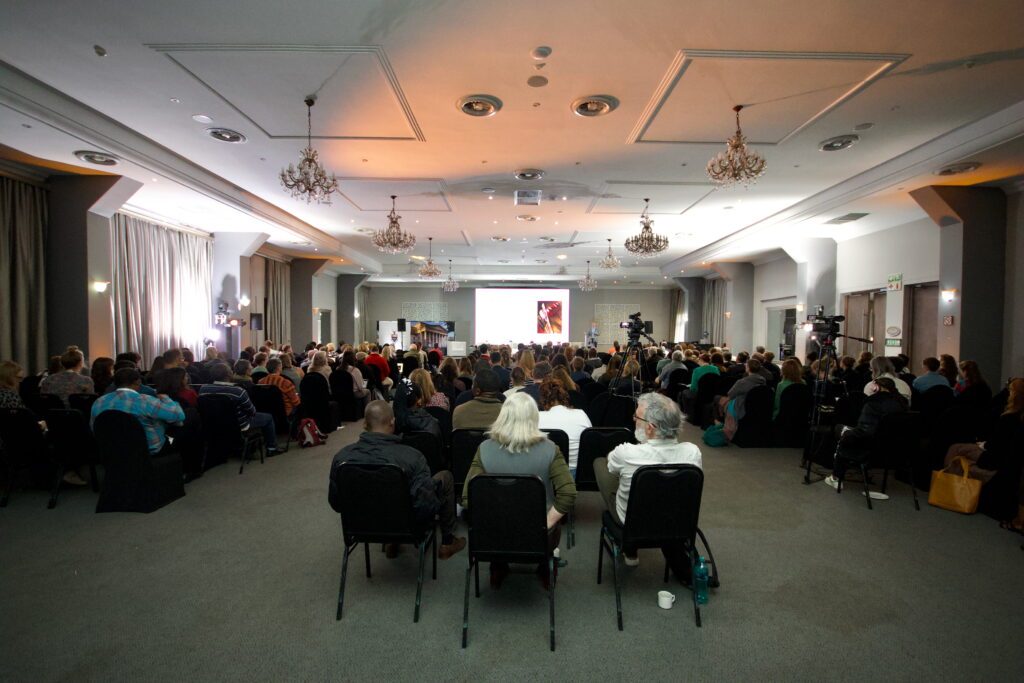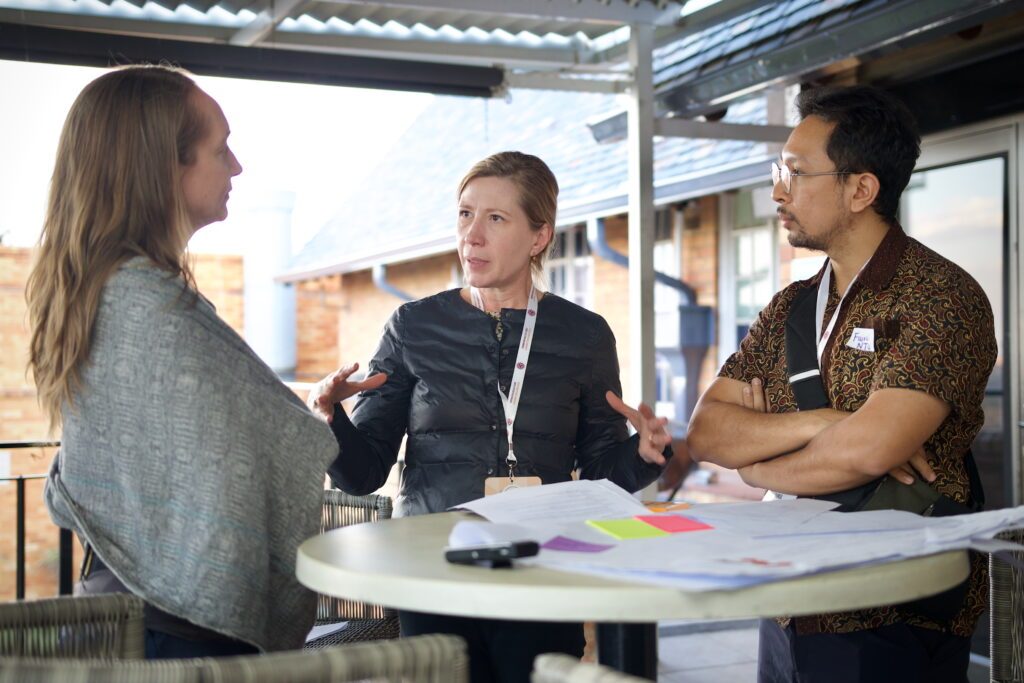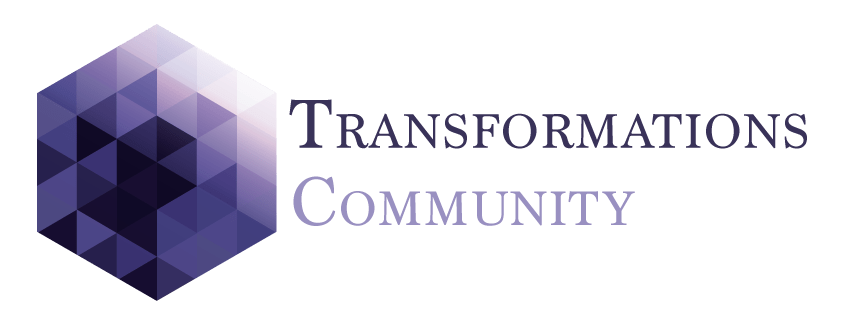Shifting the Frame — What Real Transformations Demand
Following an energizing first day filled with dialogue, insight, and artistic expression, Day 2 of TC/ESG25 invited us to go deeper — beyond the metrics, goals, and declarations, and into the more difficult, necessary work of transformation.
From a sobering and provocative morning plenary to sessions exploring land justice, coral futures, and embodied sustainability, the energy across rooms, and in the conversations in between, continued to build. Throughout the day, participants grappled with the root causes of disconnection, power, and inequality, while also experimenting with new ways of knowing, sensing, and acting together.
In the evening, we gathered under the stars for the TC/ESG25 Conference Dinner hosted by Wits University, a moment of shared food, connection, and reflection that closed the day with warmth and laughter.
Morning Plenary
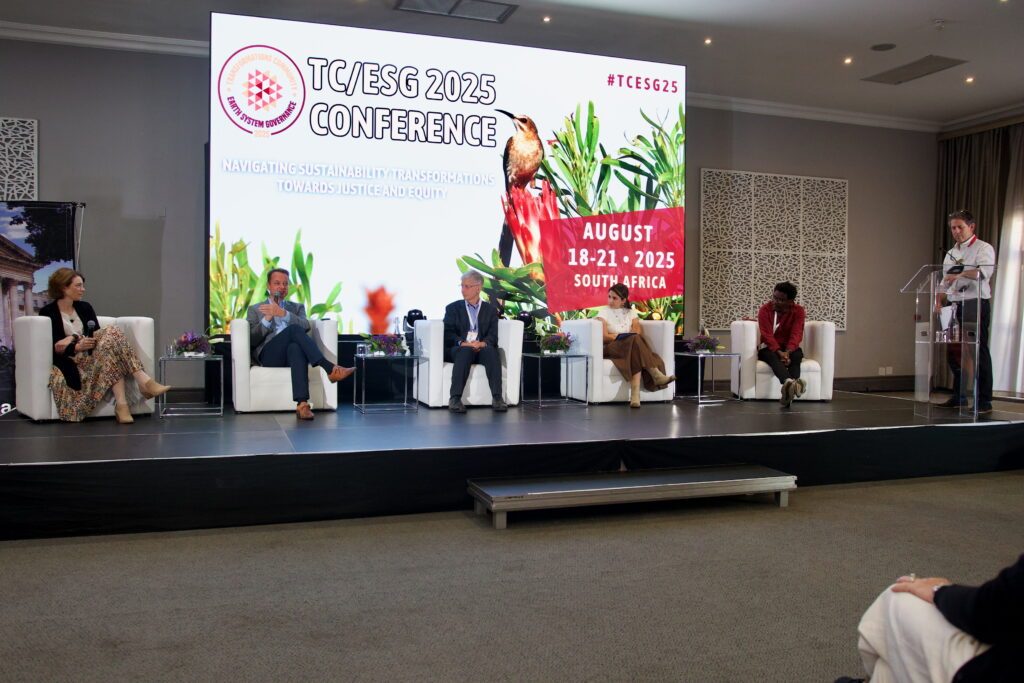
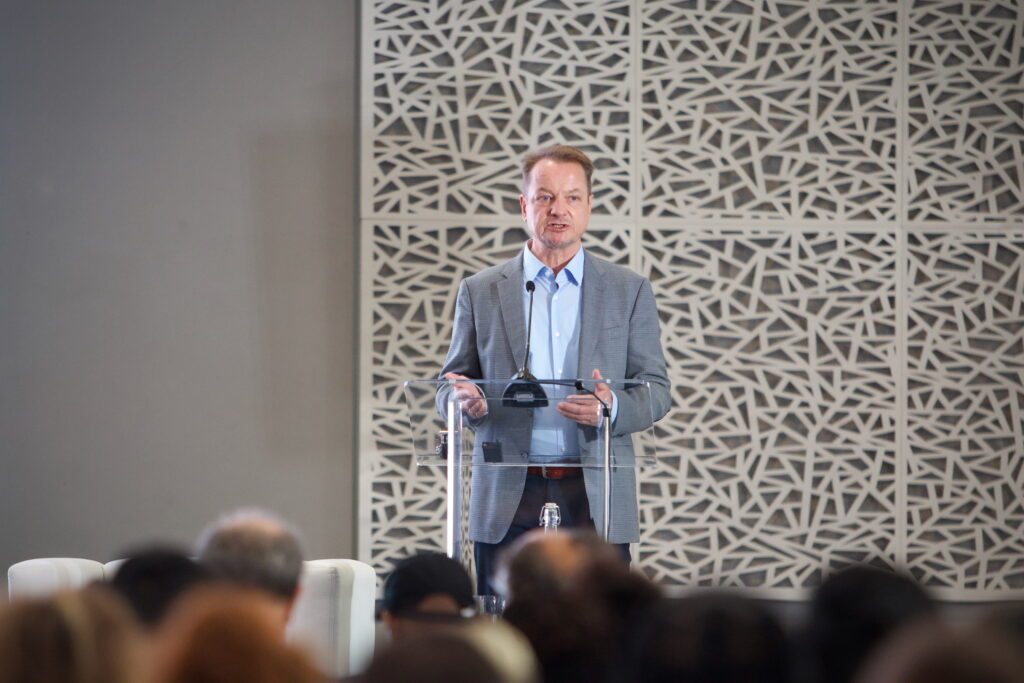
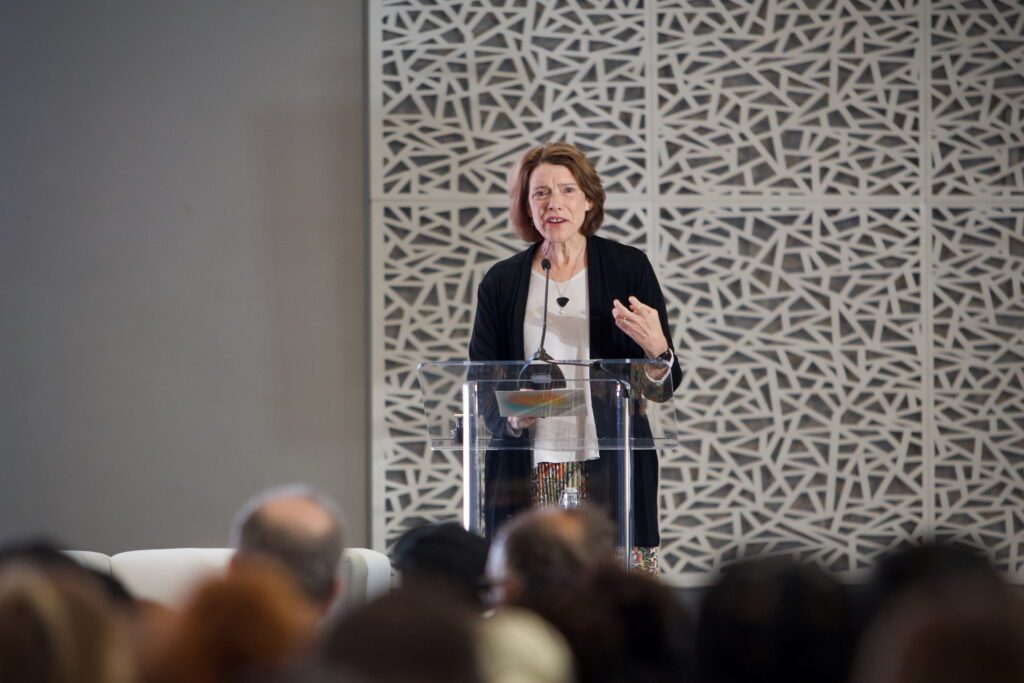
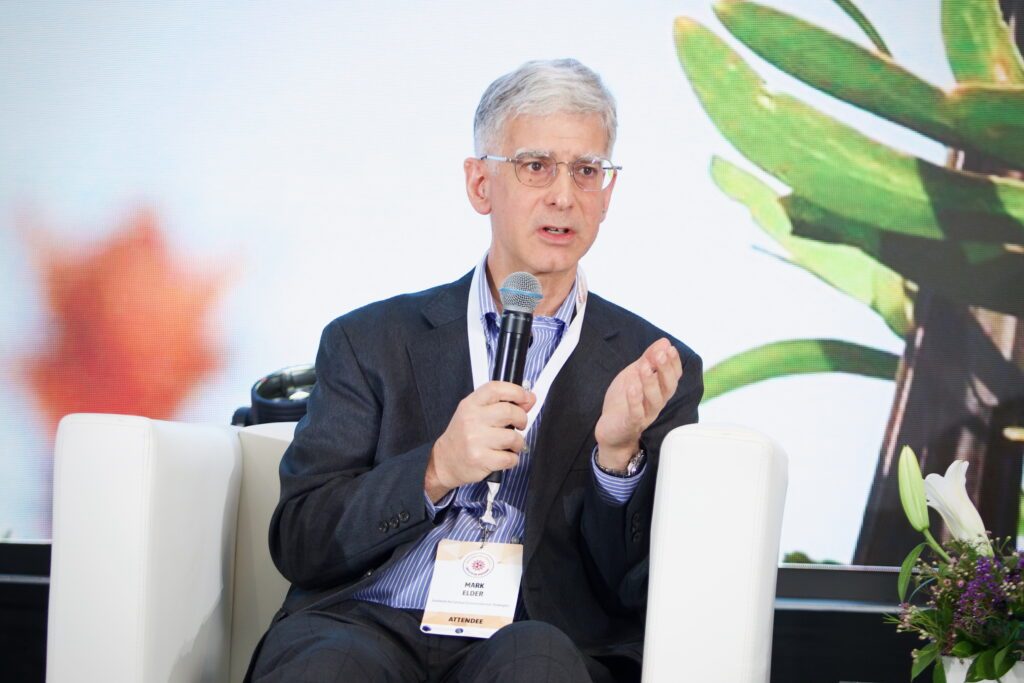
We began the morning with a powerful provocation from the “Beyond Goals: Pathways to Transformative Change” plenary. Frank Biermann shared sobering results from years of research into the Sustainable Development Goals (SDGs): despite global rhetoric, there is little evidence of actual policy change. Karen O’Brien responded with clarity and urgency, pointing to the need for systemic, relational change. True transformation, she emphasized, means addressing root causes like concentrated power, short-termism, and disconnection from nature and each other.
“Transformative change… addresses the underlying causes of biodiversity loss and nature’s decline.”
— Karen O’Brien, University of Oslo
Sessions Across Tracks
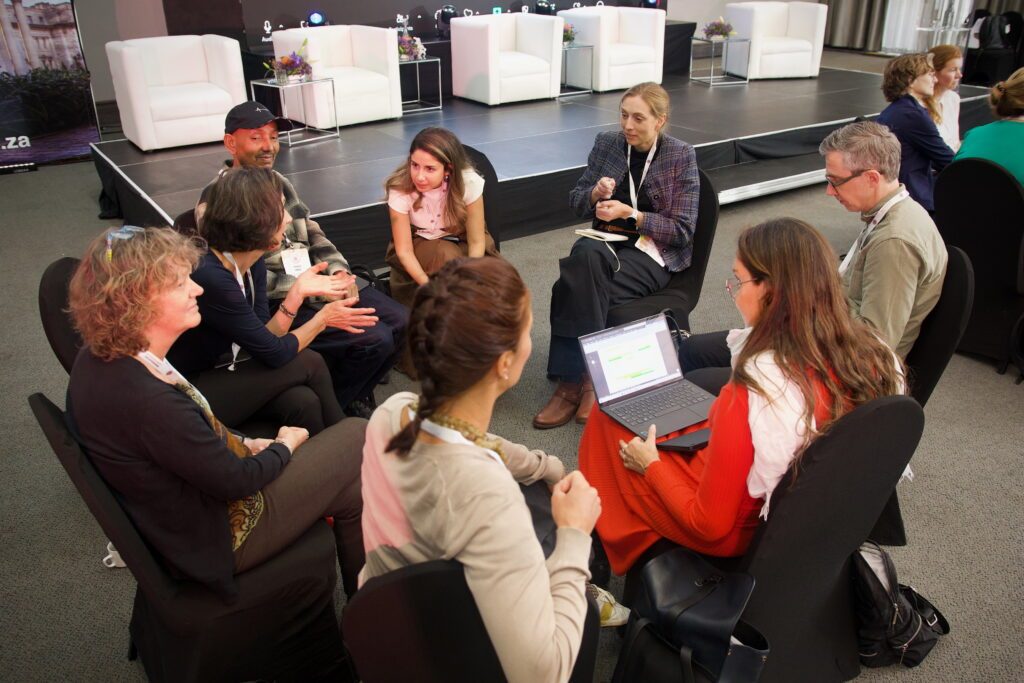
That depth continued in the session Between Breakdown and Presence: Transformations and Governance in a Time of Rupture — an emotionally resonant gathering where participants shared stories of grief, loss, hope, and humor. What does it mean to remain open and grounded in a time of collapse? Live AI synthesis by Dembrain offered an experimental approach to collective meaning-making.
“It’s also an invitation to be brave and talk about our grief and our loss.”
— Paulina Aldunce, University of Chile
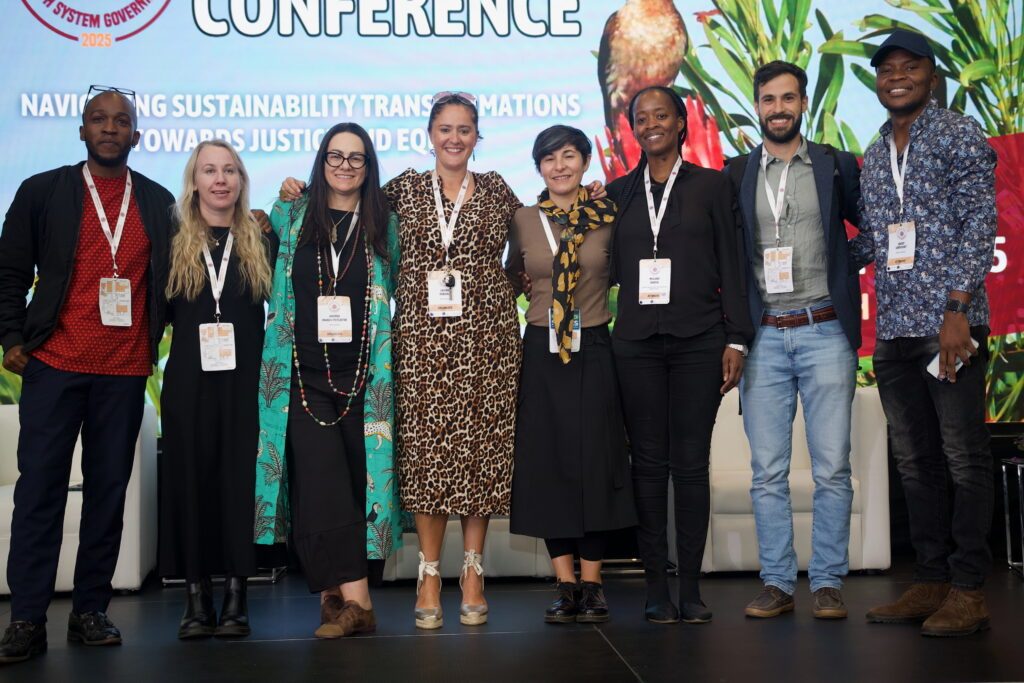
Later, in the session Narratives for Navigating Transformations to Safe and Just Boundaries, the Earth Commission posed a question at the heart of TC/ESG25: What are the real pathways back to a safe and just space for both people and the planet? David Obura and Laura Pereira shared new models that emphasize justice as well as planetary safety, illustrating how even modest shifts in consumption and access can ease pressure on Earth’s systems.
“What are the pathways to get from breach back into safe and just?”
— Laura Pereira
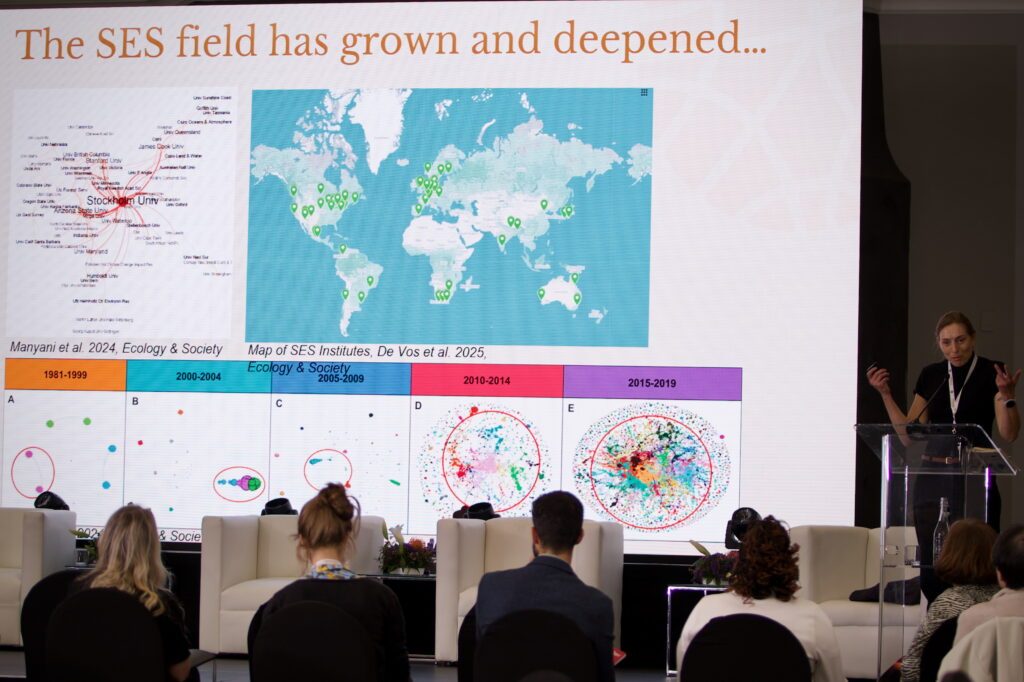
Finally, the launch of the SocSES marked a new chapter for the social-ecological systems research community. A space to connect science, policy, and practice, SocSES is committed to supporting researchers and practitioners across geographies and generations.
“We wanted to launch SocSESto be a home… to advance learning, training, and impact.”
— Alta De Vos
Arts & Wellbeing Today
Yesterday’s Arts & Wellbeing track created space for participants to pause, process, and reconnect. The morning began with New Academic Moms, an intimate, body-based session where participants explored the intersections of personal and professional transformation in academia. Nearby, ECOtarot climate readings offered a reflective and imaginative way to engage with climate futures through symbolic storytelling and a handcrafted tarot deck grounded in science and philosophy. In the afternoon, the immersive Growing the Adaptive Mind session took participants from the Captains room into Ethel & James Grey Park, where they engaged with trauma-informed, body-centered practices designed to build resilience, restore wholeness, and support grounded leadership in times of crisis.

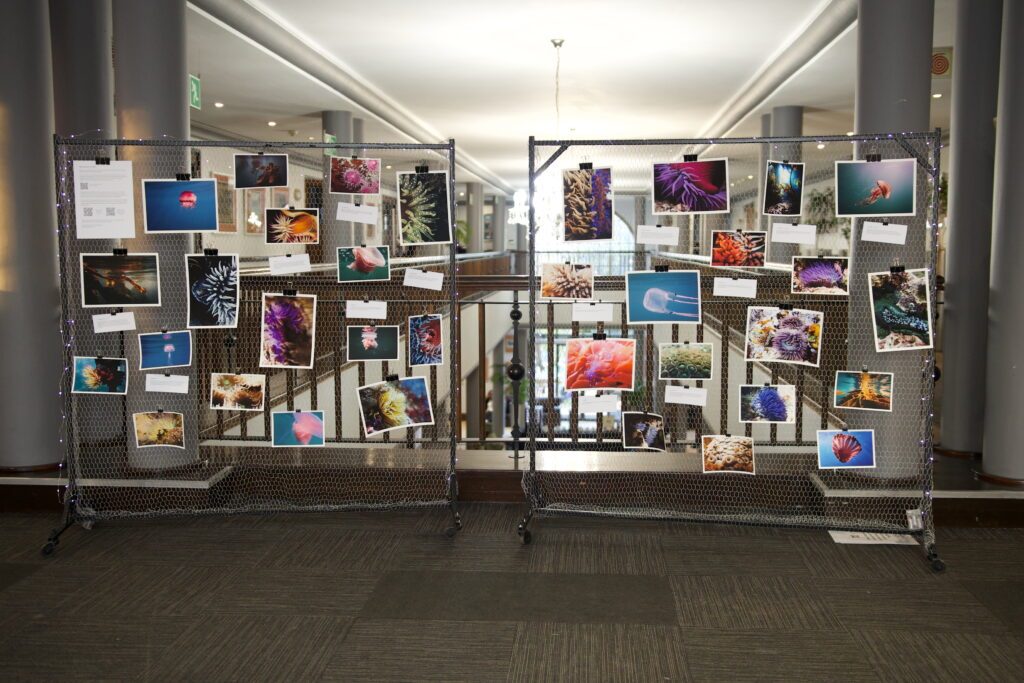
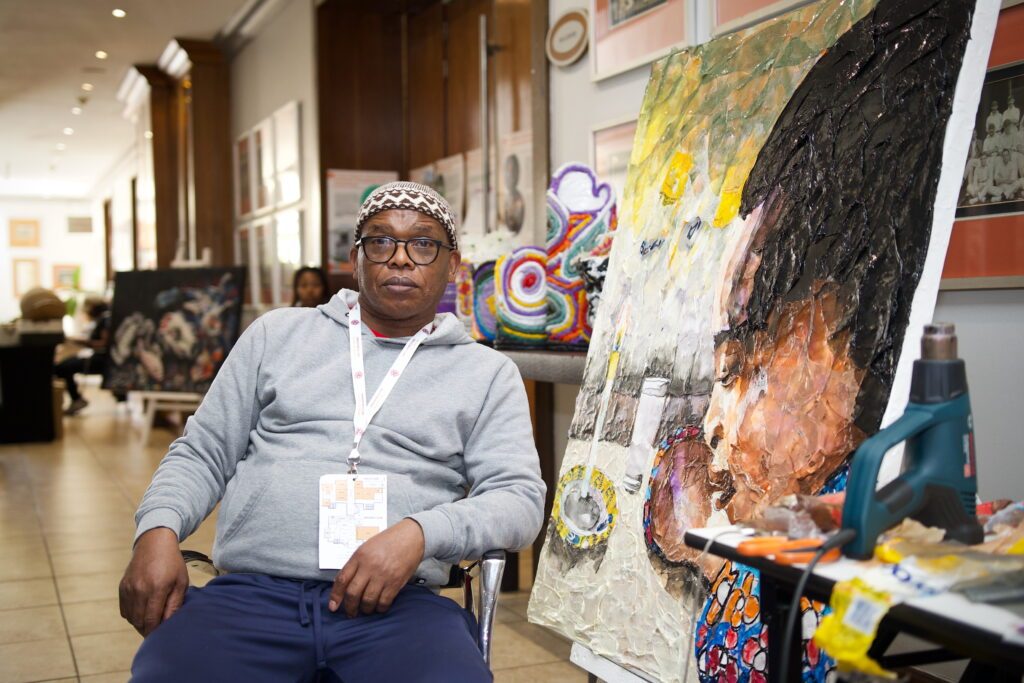
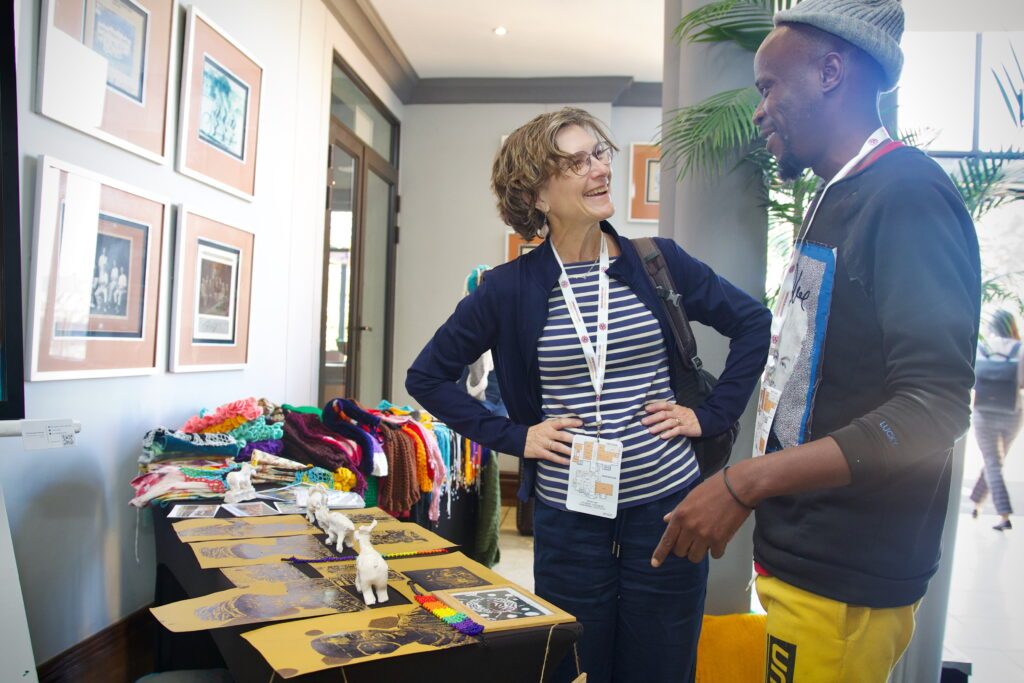
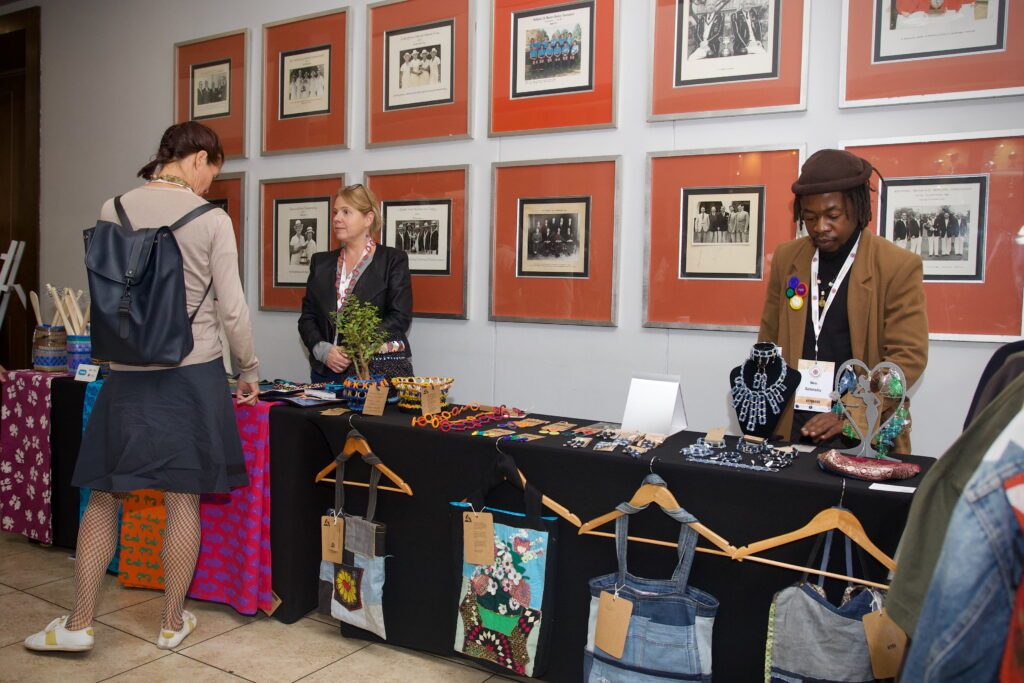

Highlights From Day 2
